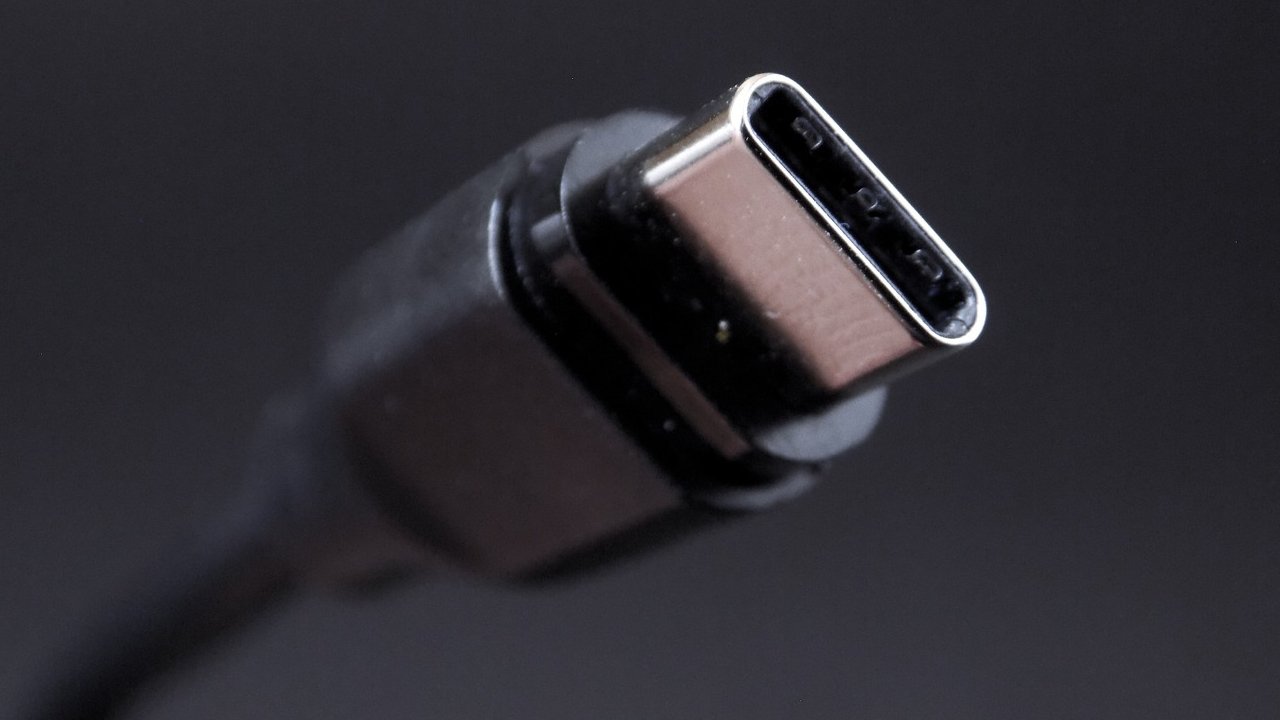UK won't copy EU USB-C common charger mandate
The UK government is not going to follow the European Union's requirement for the iPhone and all smartphones to use USB-C as a common charging system.

Following more than a decade of debate over a common charger to be used by all devices, the European Union has formally agreed on the issue. From late 2024, the new rules requiring USB-C as a common charger will go into force across Europe -- but not in the UK.
According to BBC News, a UK government spokesperson said that "we are not currently considering replicating this requirement." However, both UK and EU officials say that the common charger requirement will apply to devices sold in Northern Ireland.
The UK lost the protection of EU agreements when it left the Union through its "Brexit" plan. Ireland remains in the European Union, though, which led the UK government to agree a special deal regarding Northern Ireland.
Subsequently, the UK has proposed breaking the deal it negotiated, but for the moment, Northern Ireland would be subject to EU product standards. The UK has separately insisted that it has created a tough standards body to protect users against Big Tech, but it has failed to give that body any powers.
As the UK postpones that, and struggles to renegotiate global trade deals on its own, it's probable that there is little legislative time for the country to consider emulating the EU's charger stance.
However, it's also possible that there will be no need. It's more likely that Apple will move to either wireless charging, or sell Lightning to USB-C adapters, than it is to create a separate iPhone model for the UK.
Read on AppleInsider

Following more than a decade of debate over a common charger to be used by all devices, the European Union has formally agreed on the issue. From late 2024, the new rules requiring USB-C as a common charger will go into force across Europe -- but not in the UK.
According to BBC News, a UK government spokesperson said that "we are not currently considering replicating this requirement." However, both UK and EU officials say that the common charger requirement will apply to devices sold in Northern Ireland.
The UK lost the protection of EU agreements when it left the Union through its "Brexit" plan. Ireland remains in the European Union, though, which led the UK government to agree a special deal regarding Northern Ireland.
Subsequently, the UK has proposed breaking the deal it negotiated, but for the moment, Northern Ireland would be subject to EU product standards. The UK has separately insisted that it has created a tough standards body to protect users against Big Tech, but it has failed to give that body any powers.
As the UK postpones that, and struggles to renegotiate global trade deals on its own, it's probable that there is little legislative time for the country to consider emulating the EU's charger stance.
However, it's also possible that there will be no need. It's more likely that Apple will move to either wireless charging, or sell Lightning to USB-C adapters, than it is to create a separate iPhone model for the UK.
Read on AppleInsider

Comments
Or got the freedom back to make their own “rules”…
Your opinion on Brexit, William, is clear
it’s not likely your statement is true, and it would be ridiculous as well.
so the case for staying with Lightning only in the phone, basically, is becoming less supportable. And this would give Apple the excuse to tell people with lots of Lightning cables and accessories that they were forced to do it, so don’t get ticked off at them, blame the EU instead. That would be a win for Apple.
USB-C is fine (it won't affect AppleWatch). Pushing vendors into writing on the packaging if a charger is included is fine. Moving towards standards for laptops and allowing interoperability for wireless on phones is fine. Apple always charged us extra for their chargers. Dell added special communication to power ports blocking non-Dell chargers. The industry tried for so many years to block chargers and "right-to-repair". It is good to see these things being fixed.
Now, the odd thing is that Apple will stop upgrades to products they sold in 2019 and to Apple Watch 3 which is still being sold. There should be a minimum of security patches for products and the track record of the vendor should be placed on the packaging.